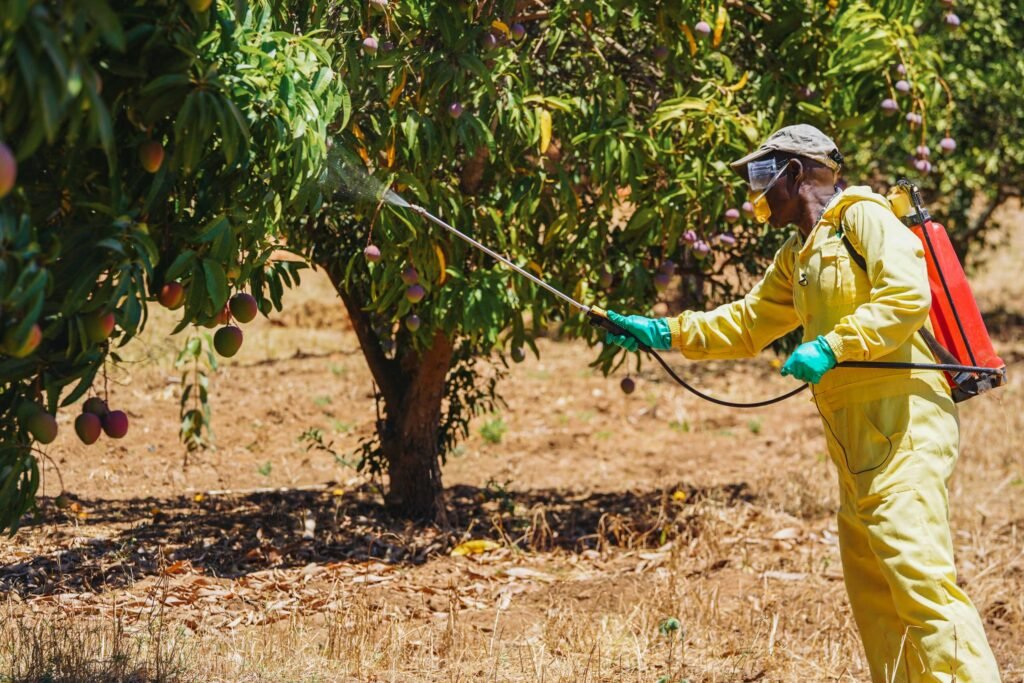Unfortunately, the practice is having unintended consequences, with the continuous use of pesticides threatening wild pollinators. It also compromises the health of consumers and livestock, and is hazardous to the environment and farmers themselves.
Pollinators include insects, especially bees, some species of flies, wasps, butterflies, moths, beetles, weevils, ants, midges, bats, birds, primates, marsupials, rodents and reptiles. Joachim Paul, the director Heinrich Böll Stiftung Foundation (HBSF) Kenya Chapter, said excessive use of toxic pesticides in Africa is eliminating wild pollinators, which play an important role in increasing crop yields and supporting food production.
Paul, a conservationist, also noted the decline of pollinators is jeopardizing their other important roles in the ecosystem, including ensuring ecosystem stability, habitat conservation, and creation of opportunities for income-generating activities.
The abundance and diversity of wild pollinators, he said, were declining, citing studies that warn that at least 17 percent of pollinators are at high risk of extinction. Weak market regulation of the agrochemicals market in Africa is widely blamed for the threats caused by pesticide use to food production and public health.

